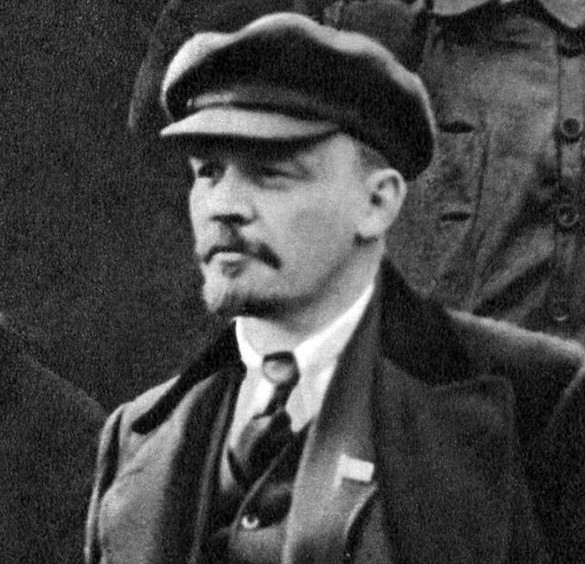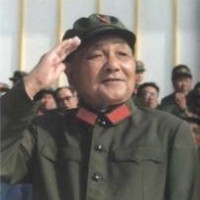"Recently the college and university students created some disturbances. It is not the students themselves who are to blame for it but a small number of persons with ulterior motives, mainly higher intellectuals inside the Party who incited them to action. We have dealt with the matter sternly. But the struggle against bourgeois liberalization has not ended. Some people are still not clear what we are doing now in China. Everyone says that the modernization programme is a good thing, but some people have an understanding of it that is different from ours. By modernization we mean socialist modernization, but what those people advocate is modernization without socialism. This shows that they have forgotten the essence of the matter and that they have departed from the road China must take in its development.
“This question is vital: here we can make no concessions. We shall continue to struggle against bourgeois liberalization throughout the process of modernization, not only in this century but in the next. However, precisely because this will be a long-term struggle, instead of launching a political movement we shall use mainly the method of education. Education and persuasion are also a form of struggle. But only our achievements in economic development can eventually convince those who do not believe in socialism. If we can become comparatively prosperous by the end of this century, they will be partly convinced, and when we have turned China into a moderately developed socialist country by the middle of the next century they will be completely convinced. By that time most of them will have recognized their mistake. I think it will be possible for us to reach that magnificent goal.”
This instantly reminded me of China’s goal of building socialism by 2050. It’s beautiful to see how coherent China has been in practice, considering this was written almost 40 years ago!
Long live marxism-leninism, the scientific conception of the world!



Didn’t the Deng era do a bunch of historical revisionism against Mao and the Maoist era? Like massively inflated claims of cannibalism during the Great Leap Forward, for instance.
Edit: I’d appreciate a response over a downvote so I can improve if I’m wrong.
There was a lot of struggle after Mao’s death. And in fact, there were some ultra-leftists inside the party who advocated for not developing China’s economy and maintaining things like they were. They were, in the end, arrested and they became forgotten. The people hated them.
Do you really think the communist party could easily change history in front of a billion people who witnessed those events? The Deng era made a scientific reassessment of those events, and to learn from the mistakes that happened in the past.
Deng Xiaoping comments on these subjects:
About the ultra-leftist maoists:
About the historical events of China:
Source: https://dengxiaopingworks.wordpress.com/2013/02/25/answers-to-the-italian-journalist-oriana-fallaci/